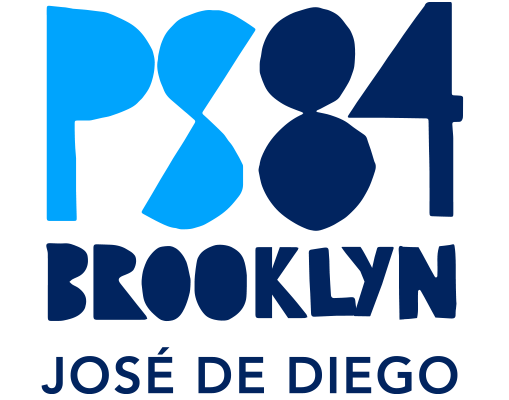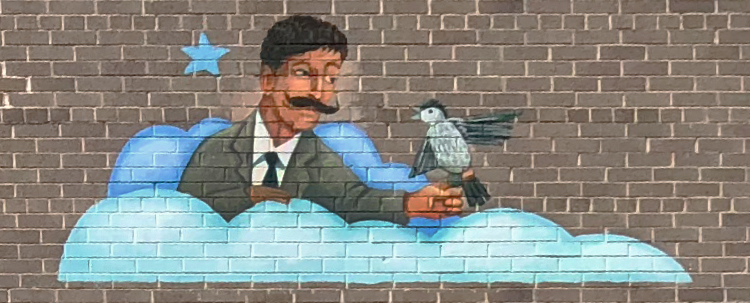Who Was José de Diego?
Known as “The Father of the Puerto Rican Independence Movement”, José De Diego was a Puerto Rican lawyer, statesman, journalist and poet who advocated for Puerto Rico's independence from Spain and from the United States.
Born in Aguadilla, Puerto Rico in 1866, he received his primary schooling in Puerto Rico and later moved to Spain where he completed his studies. While in Spain, de Diego became a contributor to El Progreso in Madrid, where his writings about the political issues in Puerto Rico led to his arrest.
In 1892, he earned his law degree and became a Doctor of Laws. He set up practice in Arecibo and founded La República. Over the years, he helped to form a committee that convinced Spanish Liberal leader Práxedes Mateo Sagasta to support autonomy for Puerto Rico. During the brief interlude between the declaration of autonomy and the U.S. invasion of the island, de Diego served as Subsecretary of Justice and Interior, and then became a magistrate of the Real Audiencia Territorial de Puerto Rico.
After the invasion, de Diego combined a brilliant literary career in poetry with public service, and became known as the “Father of the Modern Puerto Rican Poetry Movement.” Among his most noted poetry books are: Pomarrosas, Jovillos, Cantos de Rebeldía and Cantos del Pitirre.
A charismatic leader, he was named “Caballero de la Raza” by the Casa de América in Barcelona. He became a member of the Chamber of Delegates, then Chamber of Representatives, representing the Unionist Party. He was a strong supporter of the Union of Caribbean islands.
He died in New York City on July 16, 1918. His legacy lives on in street names, school names and highways, and in the celebration of José de Diego Day in Puerto Rico.

